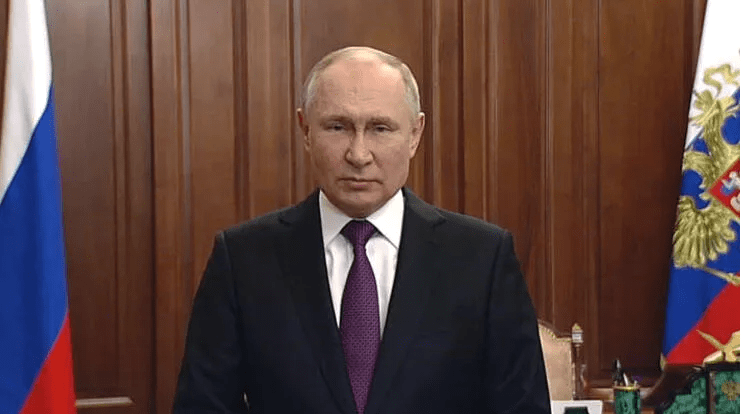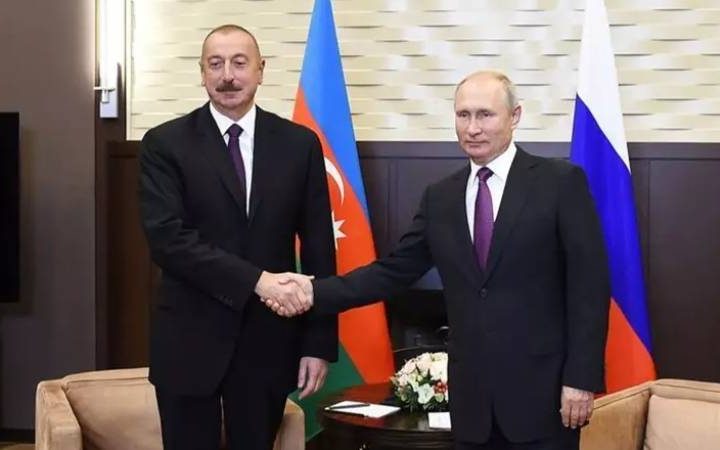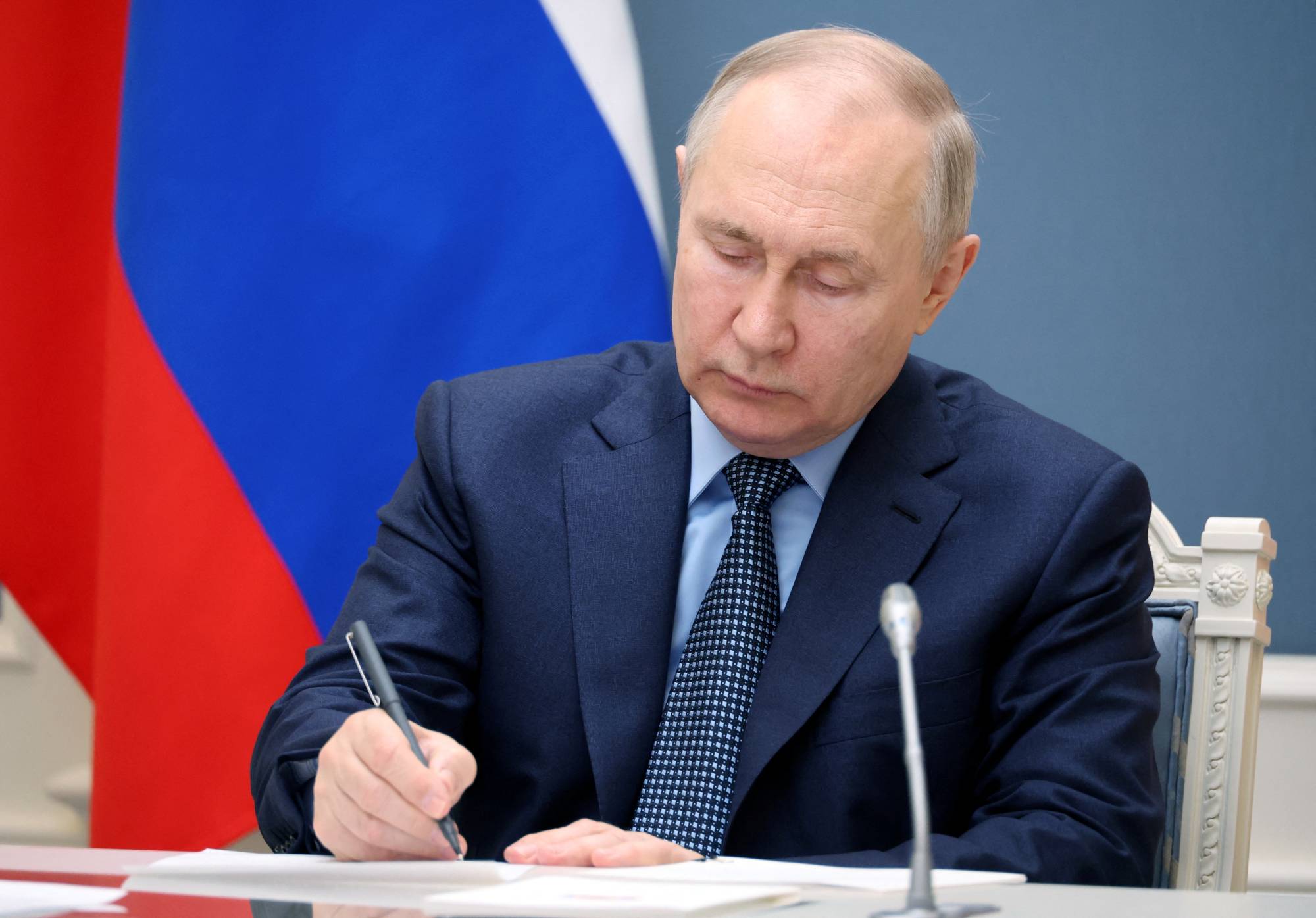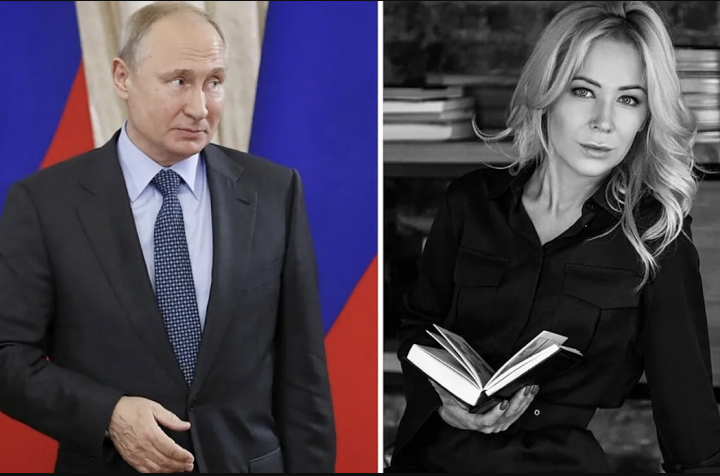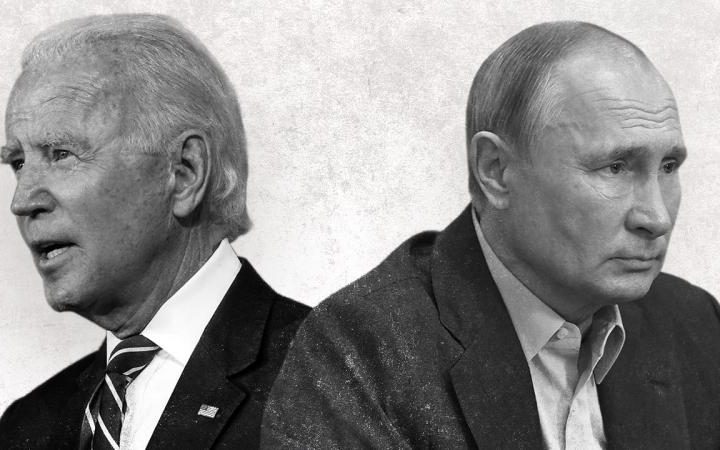The world is anxiously awaiting Russian President Vladimir Putin’s address to a joint session of the Russian parliament on Friday. There is speculation that he will announce the start of the process of annexation of the four Ukrainian regions of Donetsk, Lugansk, Kherson and Zaporizhia, where Moscow has initiated referendums that are in many ways shady. But this is not the only cause for concern. The step would have major repercussions for Russia’s internal situation and the worsening conflict with Ukraine and the West in general.
On the evening of September 25, two days after the start of the referendums in the four regions, Russian deputies in the State Duma and members of the Federation Council received instructions to prepare for a major development. A meeting was reportedly held in the Kremlin to hear the Russian President’s speech.
The expected scenarios for the course of this speech seem clear and obvious. It is almost an exact repetition of the scenario of Putin’s speech before the Russian parliament on March 16, 2014. On that date, Putin began with a long introduction, which included a ‘historic’ briefing and numerous indications of the requirements for his next step, before reaching the crucial moment when he announced his decision on the annexation of Crimea and asked the people’s representatives to begin the necessary legal and judicial procedures to ensure its immediate implementation.
The parliament was well prepared then. The next day, the annexation of Crimea and the creation of a new administrative unit on Russian territory was approved.
This time the scenario is exactly the same. After repeating the historical narrative and Putin’s view of the ongoing conflict, the basic element in it is based on the referendums in the four regions that ended yesterday and whose results are well known.
Putin is expected to announce the approval of the referendum results, declaring that the wishes of the citizens of Donbas and other regions belonging to the ‘Russian world’ have been ‘answered’, thus opening the door to the most dangerous road since the war broke out eight months ago.
The fact that on September 29, the day before Putin’s speech, the State Duma will consider draft laws on the annexation of new regions to Russia based on the results of the referendums, suggests that such a path will be taken.
But what else can Putin say and how will this step affect the ongoing conflict?
Most MPs agree that the stage is already being set for a historic event.
The Kremlin has not yet defined the nature of the meeting in terms of protocol. Will Putin address the parliament with special requests or will he address the nation in the presence of the deputies?
This will depend on the content of the speech. The speech may not only focus on the idea of annexing new territories, but may also include new decisions that clarify the specifics of Russian moves in the next phase in Ukraine. One of the most pessimistic expectations is that the speech will include a call for comprehensive mobilization and possibly declare martial law, perhaps in light of growing Russian fears over difficulties in implementing the previously announced partial mobilization, as well as a large-scale exodus towards neighboring countries. According to some media allegations, Putin may announce a number of decrees preventing certain age groups from traveling or imposing severe restrictions on their departure from the country. But there is no evidence to confirm this assumption. This means that Russians will have to wait to see how far Putin will go in opening the door to conflict in its new form and content.
The second important element here is that the decision to annex new territories is linked to a series of new laws and regulations related to the incorporation of millions of new citizens into the state. This requires legal changes and the introduction of new provisions under difficult and complex circumstances, with wars continuing over a large part of the ‘liberated’ territories. There are already leaks about the creation of a new Russian federation centered on Crimea, encompassing all the ‘new’ Russian territories. There are signs that one of the most nationalist ‘hawks’, Dmitry Rogozin, will head this unit. But more important than the internal dimension, which is now causing widespread concern among many Russians, are the implications of the expected steps for the war in Ukraine.
The first salient element is that Russia is preparing to annex regions that it does not fully control. While it controls around 80 percent of the Luhansk region, which is relatively small compared to the other regions, the area under its control in the Donetsk region is administratively no more than half of the territory of the region according to the distribution of influence at the time of the military uprising in 2014 (some estimates point to only a third).
To better understand this point, it should be recalled that at that time the separatists, with Russia’s help, managed to control limited areas of the region. Although these areas have expanded to some extent in the last seven months, they have not been able to maintain absolute control over more than half of the territory. The same applies to Zaporizhia, where Russian forces control only two-thirds of the territory. The situation looks relatively better in Kherson, where most of the administrative districts are under Russian control.
It is noteworthy that even the areas controlled by Moscow and its allied forces are not considered calm, with fierce fighting along the lines of contact.
This raises an important question that has been asked from the first moment Russia recognized the independence of Luhansk and Donetsk on February 21. How far are Russia’s borders?
Russian circles are talking about full annexation according to the pre-2014 administrative borders. This means that in the future Russia will claim that the territories behind the current lines of contact are ‘occupied’.
Here Moscow is caught in a dilemma. The first is the need to keep fighting until all ‘Russian territory’ is liberated, something that seems costly and difficult given the course of the fighting in recent months. The second is related to Moscow’s previous statement that it will not allow its territory to be attacked. This means that any attack on these territories would constitute a direct military attack on Russian territory that would require a swift and decisive response.
The question arises: What if Ukrainian forces use Western weapons to launch an attack on territory that has become part of Russia? Wouldn’t this mean that Moscow would have to respond to the North Atlantic Treaty Organization (NATO), which is a partner in the ‘attack on its territory’?
At the moment, many Russian experts prefer not to answer many of the questions on the agenda. But one thing is certain: Putin’s speech on Friday will take things to the point of no return. It will not only be Ukraine, which is facing the reality of partition, or Europe, which is facing a clear breach on the level of changing the maps of countries on the continent for the first time since World War II.
Many in Moscow believe that Putin will not go too far in making decisions that could provoke anger at home. In other words, Putin will not dwell too much on mobilization, martial law and so on. Instead, he will focus more on the humanitarian meaning of helping Russian citizens seeking protection and historical rights. But in any case, the master of the Kremlin seems to be taking a confident step in preparing his speech, this time to set the conflict on a new path, the possible repercussions of which are still unpredictable.

